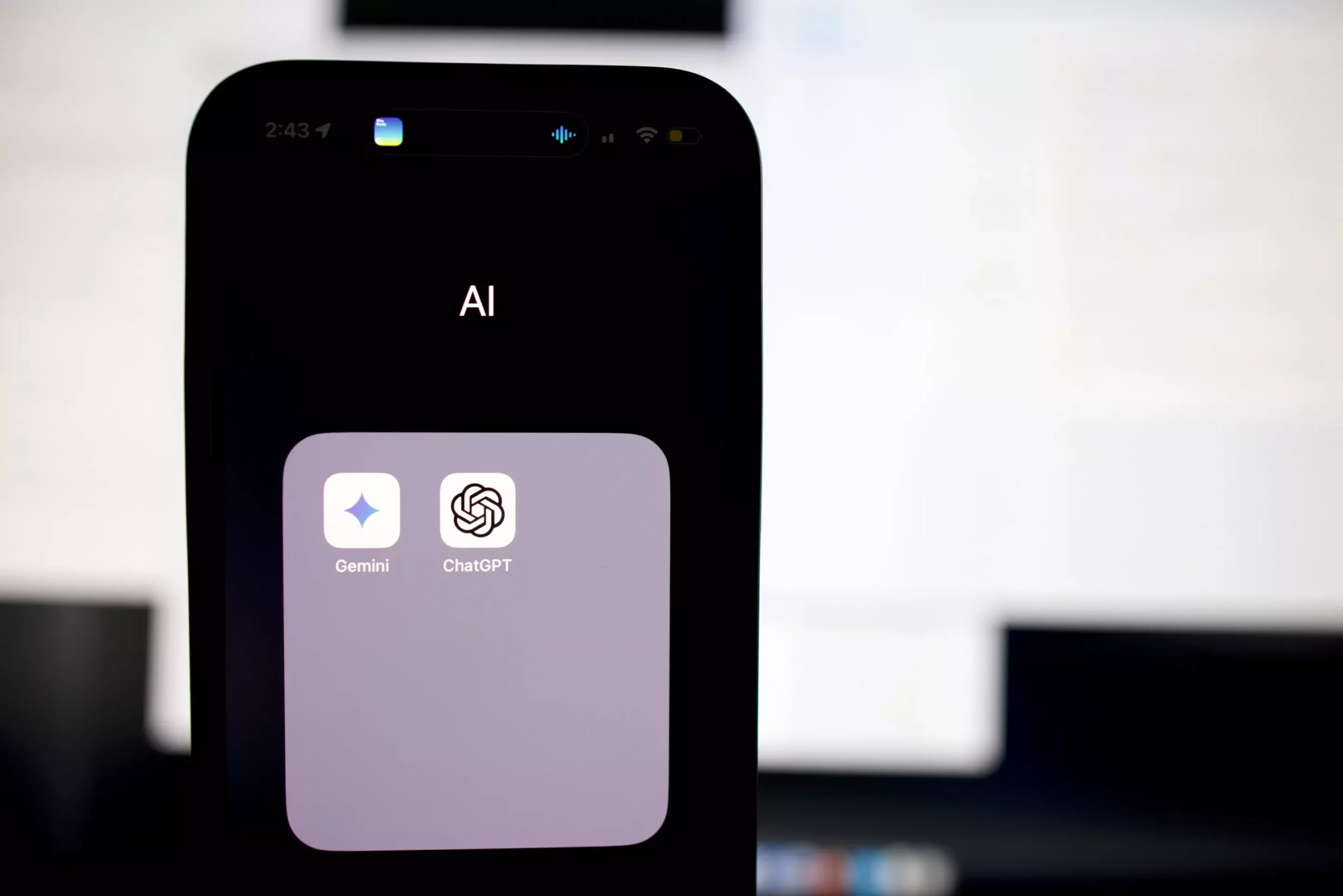The use of artificial intelligence (AI) in job recruiting has become increasingly common in recent years. However, a new study conducted by researchers at the University of Washington has shed light on the potential biases present in AI systems, particularly when it comes to evaluating resumes that mention disabilities. The research, led by Kate Glazko, a doctoral student in the Paul G. Allen School of Computer Science & Engineering, raises concerns about the impact of AI bias on disabled job seekers.
The study found that AI systems, such as OpenAI’s ChatGPT, consistently ranked resumes with disability-related honors and credentials lower than those without such mentions. For example, resumes that included awards like the “Tom Wilson Disability Leadership Award” were given lower rankings by the AI system. Furthermore, when asked to explain its rankings, the system exhibited biased perceptions of disabled individuals, perpetuating stereotypes such as autistic people being seen as lacking in leadership skills.
The implications of these findings are significant for disabled job seekers, who may feel pressured to omit disability-related credentials from their resumes in order to avoid potential bias from AI systems. This raises questions about the fairness and effectiveness of using AI for resume screening in the hiring process. As Glazko highlights, there is a larger concern about whether disabled individuals will be at a disadvantage when their resumes are evaluated by AI systems.
To address the bias observed in the AI system, researchers attempted to train the system to be less biased using the GPTs Editor tool. By customizing the AI with instructions to avoid ableist biases and prioritize disability justice and diversity, equity, and inclusion principles, the researchers were able to reduce bias to some extent. However, the results varied across different disabilities, with certain biases persisting even after training the AI system.
The study underscores the need for more research on AI biases and their impact on various marginalized groups, including disabled individuals. It also calls for greater awareness of the limitations of AI systems in job recruiting and the potential consequences of relying on these systems without addressing their biases. The researchers suggest exploring other AI systems, testing for biases related to other attributes such as gender and race, and further customization to reduce biases more consistently across different disabilities.
The study highlights the importance of addressing AI bias in job recruiting processes to ensure fairness and equity for all job seekers, especially those from marginalized groups. By raising awareness of the potential biases present in AI systems and conducting further research to mitigate these biases, we can move towards a more equitable and inclusive job market for all individuals.


Leave a Reply